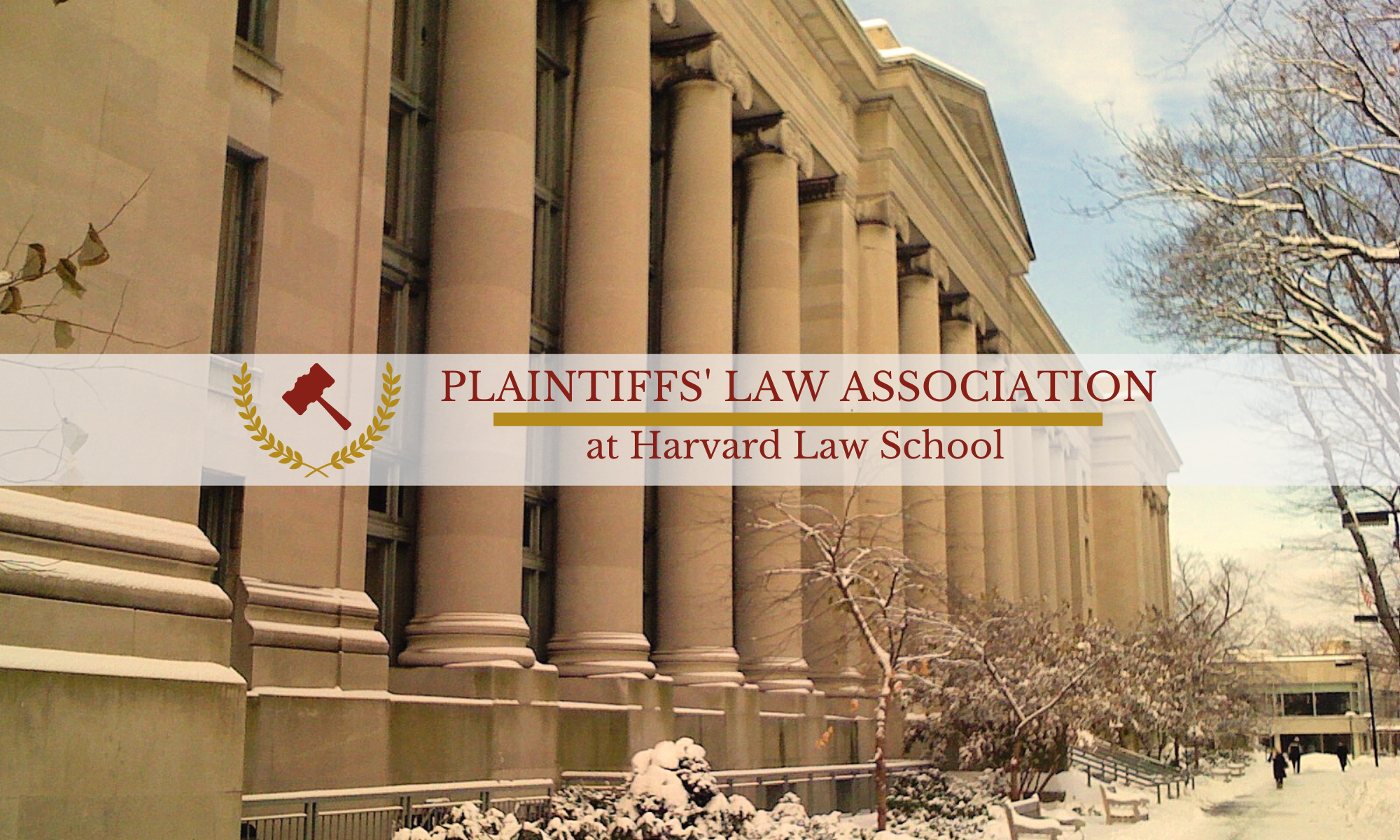Before coming to law school, I was only vaguely aware of what lawyers did other than become politicians. One tangible example in my mind was private injury law. I had seen billboards for attorneys looking for clients who had gotten into car accidents: “Hit by a big rig? Call me” types of ads. I wasn’t particularly drawn to these sorts of ads, but I knew about them.
In the broader sense, I was also aware of plenty of large-scale litigation in the country. Lawsuits against big pharma, RoundUp, etc. Torts. And never, prior to law school, did I think that I would want to defend the companies who were being sued in these types of litigation. Yet this is exactly the path that is presented and slowly normalized to entering law school students. Students who enter with vague interests—say, antitrust—don’t often have those interests because they want to defend corporations in those areas. Students probably entered with the vision of breaking up monopolies. Instead, that exact interest leads them to law firms where they defend anticompetitive behavior by monopolist actors.
Students who don’t come to law school with a strong passion for public interest work—the students who respect public defenders and nonprofit workers, but don’t particularly see themselves in those positions—are left on a conveyor belt to “BigLaw.” It is the only option that seems viable if you don’t want to survive off of the bare minimum while paying exorbitant loans for the next 10 years.
I joined HPLA because it seeks to enlighten students about this false choice. You don’t have to represent companies as they merge with every competitor in the market. And you don’t have to survive off of LIPP to be able to sleep at night. I’ve already seen HPLA lead students to the plaintiffs’ side, and I can’t wait to see it do so more. After all, no one watched Erin Brockovich and thought, “I’d really like to defend the company that poisoned an entire town.” And the point is, you don’t have to.
